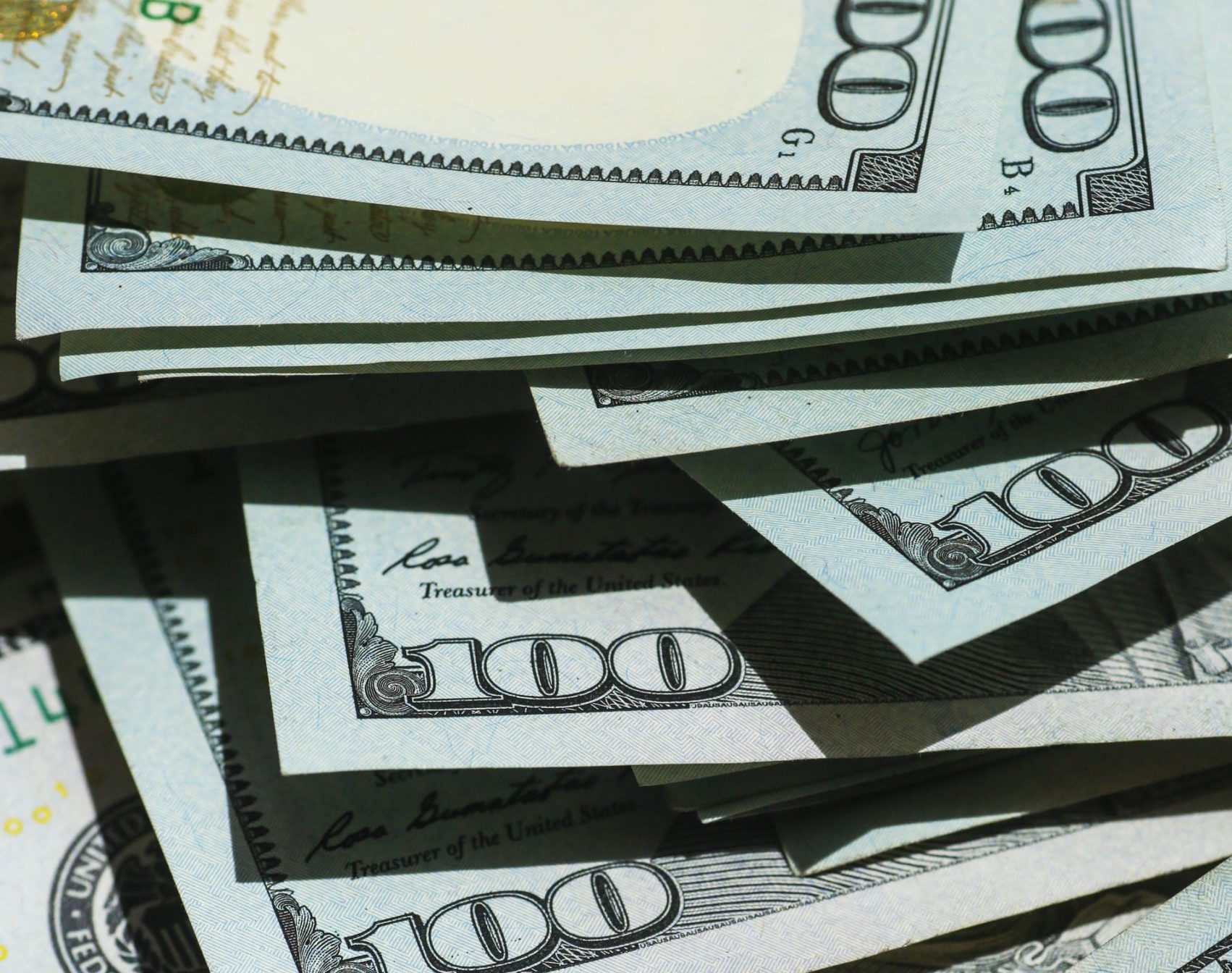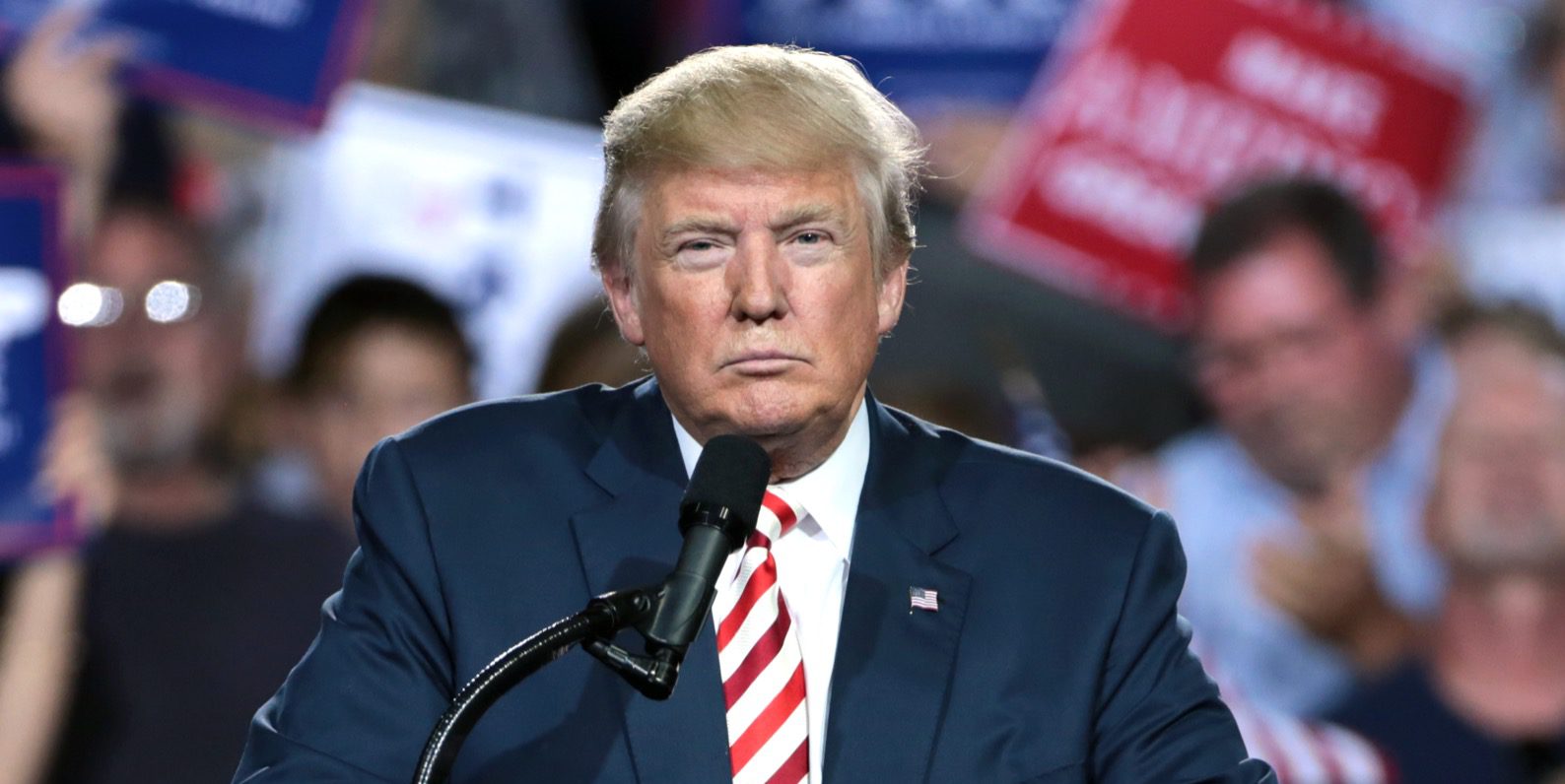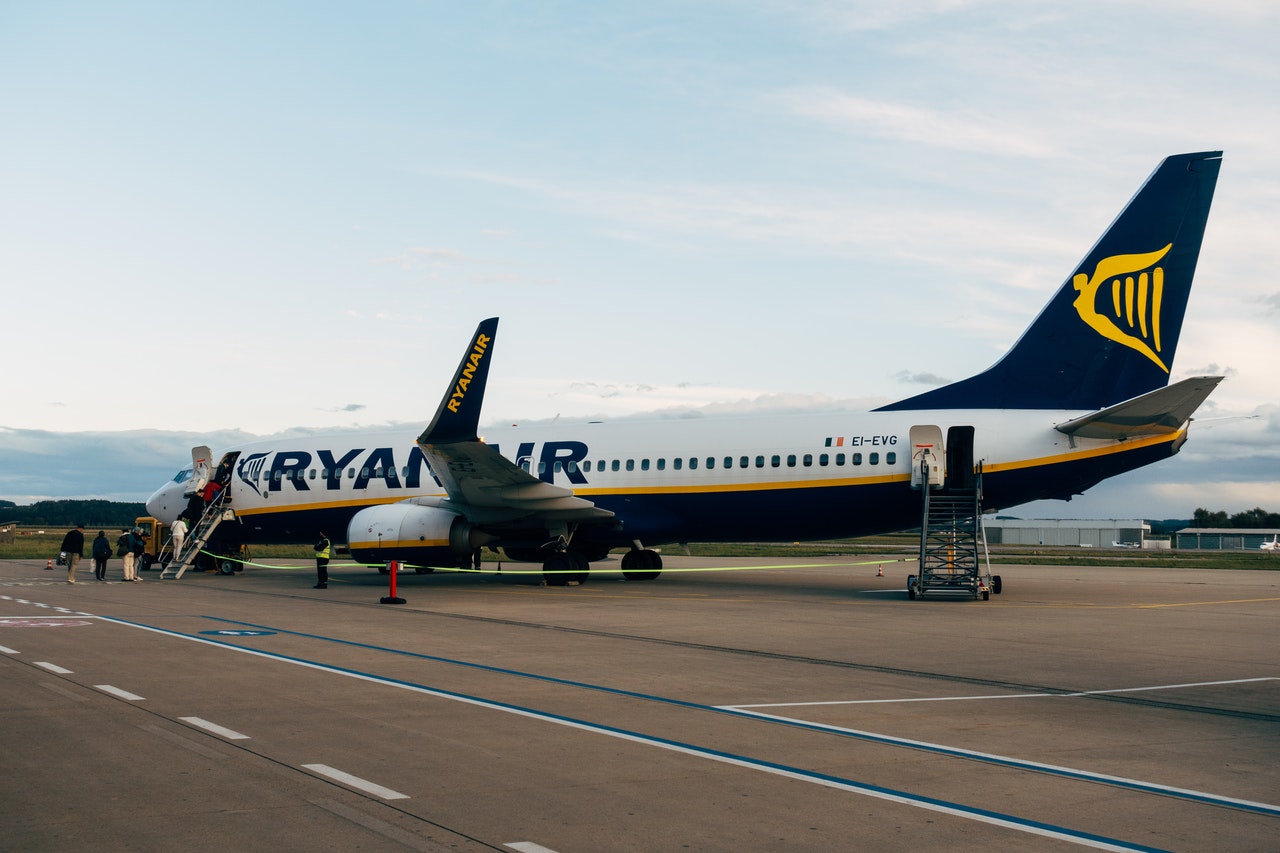The world’s superpowers remain divided over calls for a waiver on patents on COVID vaccines after the proposals seemingly gained steam this week, achieving the backing of the US.
The proposal, first floated by South Africa and India, argues that rules requiring countries to protect patents and other forms of intellectual property on life-saving COVID vaccines are an obstacle to their production.
It builds momentum as lower income countries face acute vaccine shortages, and some, including India, face spiralling COVID case and death counts, as new, more infectious strains of the virus tear through the countries.
The proposal initially faced strong opposition from the US under President Donald Trump, the UK, and the EU, but with President Joe Biden throwing the US’ weight behind the scheme, it has since gained ground.
The European Union, for example, has said that it is ready to talk about the proposal, and some of its states gave it their backing.
However, on Thursday, Germany reiterated its rejection of the proposal, saying that the patents were not hindering production of the jabs.
“The limiting factors in the production of vaccines are the production capacities and the high-quality standards and not patents”, the German Government said when rejecting the proposal.
The country is the EU’s largest economic power, and home to a broad pharmaceutical sector including BioNTech, which co-developed the COVID vaccine commonly referred to as the Pfizer version.
Meanwhile officials in other member states, including France and Italy gave the proposals their full backing. Outside of the EU, Russian President Vladimir Putin said he supported the idea of a waiver.
The UK Government did not commit, either way, saying it is “in discussions with the US and World Trade Organisation (WTO) members to facilitate increased production and supply of COVID vaccines”.
On the part of the WTO, its recently appointed head, Ngozi Okonjo-Iweala, explained to the BBC that she welcomed US support for the waiver, and said that members should negotiate a pragmatic agreement over vaccine production to help rectify the current inequity in vaccine distribution.
This is a problem that has been identified by many, including the World Health Organisation (WHO), as particularly stark.
According to WHO data in mid-April, an average of one in four people in high-income countries have received a COVID vaccine, whereas just one in more than 500 has in low-income countries.
Aside from the ethical shortcomings of this, it has been pointed out by individuals, including European Commission President Ursula von Der Leyen, that “to overcome COVID, vaccines must reach all corners of the planet as soon as possible”.
Opponents, particular those in the so-called “big pharma” industry, however, say that the vaccine patent waiver will not help to rectify this problem.
These opponents argue that it is shortages and scarcity in supply chains which is depriving people in low-income countries of receiving the vaccine.
Dollar and crypto surge following Trump’s presidential win
Meanwhile, the financial sector is bracing for potential economic upheaval due to Trump’s trade and fiscal policies
What does Donald Trump’s return to the White House mean for business?
The new President-elect has promised to protect domestic manufacturers and cut taxes on companies
Lower than expected fares drive Ryanair profits down by 18%
The airline seeks to see growth of 300 million passengers over the next decade






